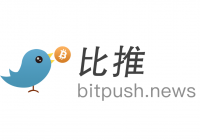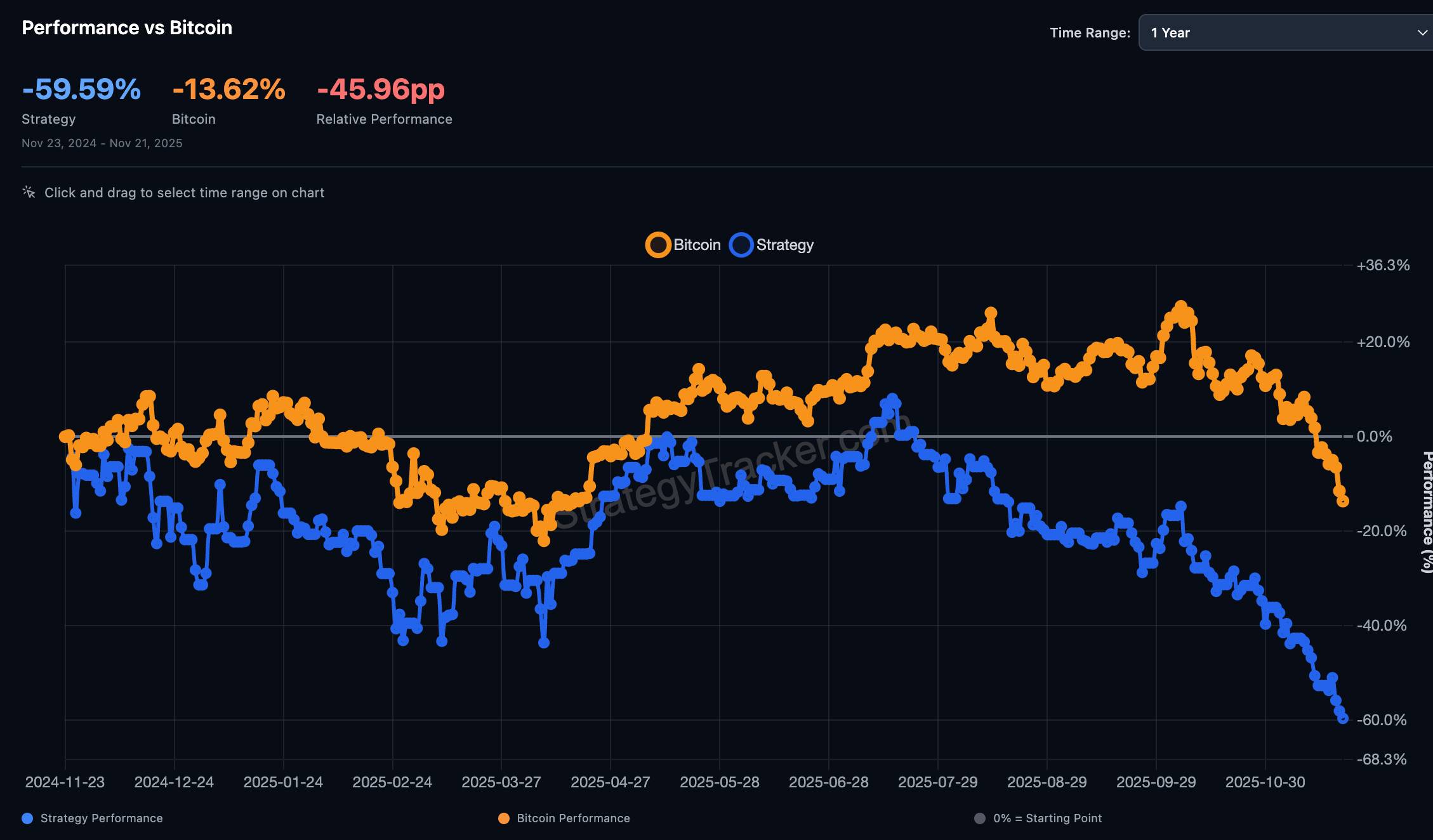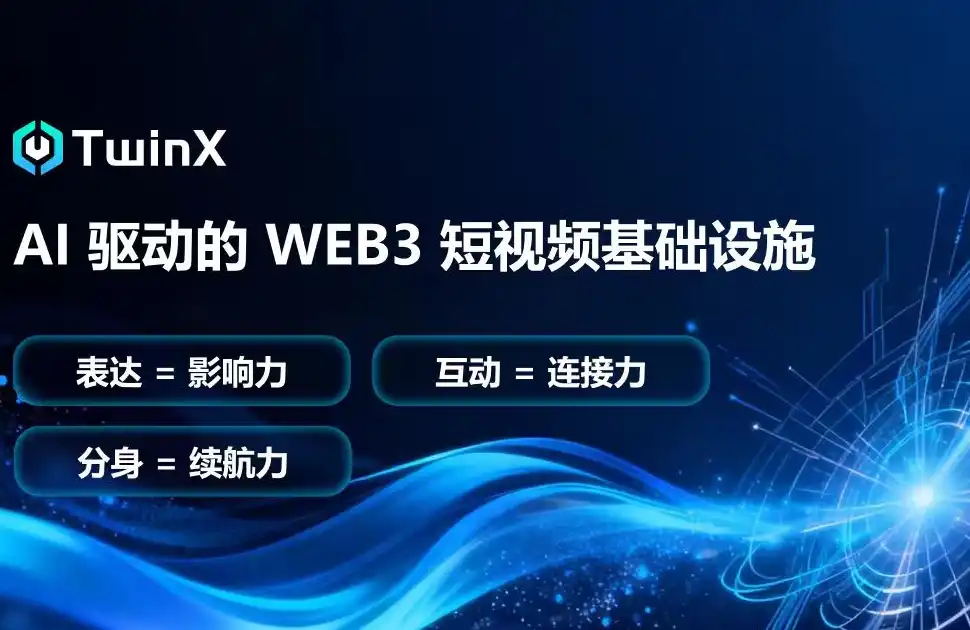Dogecoin's PoS Transition: A Paradigm Shift in Value and Market Appeal
- Dogecoin Foundation plans to transition from Proof of Work to energy-efficient Proof of Stake via "Project Sakura," aiming to boost institutional adoption and token utility. - Technical indicators suggest bullish momentum, with price targets of $0.38–$0.80 by year-end driven by whale accumulation and retail optimism. - Grayscale’s revised ETF filing and improved network metrics have eased SEC skepticism, with October 2025 approval seen as a key catalyst for institutional capital inflows. - Ethereum’s PoS
Dogecoin (DOGE) is poised for a transformative shift in its consensus mechanism, with the Dogecoin Foundation actively exploring a transition from Proof of Work (PoW) to Proof of Stake (PoS) under its "Project Sakura" initiative. This move, if realized, could redefine DOGE’s value proposition by aligning it with energy-efficient blockchain standards and institutional-grade utility. The proposed model, dubbed "Proof of Doge" (PoD), incorporates features like in-kind redemptions and decentralized staking incentives, potentially attracting institutional participation and enhancing token utility [2].
Technical Indicators Signal Bullish Momentum
From a technical perspective, DOGE’s price action suggests a critical juncture. The asset is consolidating near $0.22, forming a cup-and-handle pattern that historically precedes bullish breakouts. Additionally, the TD Sequential indicator has triggered a "9" count across multiple timeframes, signaling bearish exhaustion and a potential reversal [2]. Analysts project price targets ranging from $0.38 to $0.80 by year-end if the pattern holds, driven by whale accumulation of 680 million DOGE in August 2025 and growing retail optimism [2].
Institutional Adoption Gains Traction
Institutional interest in DOGE has surged, particularly with Grayscale’s revised Dogecoin Trust ETF (GDOG) filing, which now includes in-kind redemptions—a feature regulators often view favorably [1]. This development, coupled with Bit Origin’s $500M treasury and improved network metrics, has softened skepticism from the Securities and Exchange Commission (SEC). The October 2025 ETF decision remains a pivotal catalyst, as it could unlock broader institutional capital flows [1].
Lessons from Ethereum’s PoS Transition
Ethereum’s 2022 transition to PoS offers a blueprint for DOGE’s potential evolution. The Merge reduced Ethereum’s energy consumption by 99.95%, while also enabling scalability upgrades like sharding and deflationary mechanics [1]. For DOGE, a PoS transition could similarly reduce energy costs, mitigate 51% attack risks, and position the network as a sustainable payment layer. Unlike Ethereum’s deflationary model, DOGE’s unlimited supply may require complementary mechanisms—such as community-driven governance or token burns—to counter inflationary pressures [3].
PoS Transitions in the Broader Ecosystem
Other PoS transitions highlight divergent outcomes. Cardano (ADA), with its research-driven Ouroboros PoS, has prioritized security and formal verification, attracting cautious institutional interest [1]. Solana (SOL), leveraging a hybrid PoH/PoS model, achieved 65,000 TPS but faces volatility due to rapid scaling [3]. DOGE’s PoD model, if executed with a balance of scalability and decentralization, could carve a unique niche between these extremes, appealing to both retail and institutional investors.
Challenges and Considerations
While the transition promises benefits, challenges remain. A definitive timeline for Project Sakura has not been set, and regulatory scrutiny of PoS mechanisms—particularly around staking rewards and securities law—could delay implementation [4]. Additionally, DOGE’s meme-driven identity may clash with its new utility-focused narrative, requiring careful community alignment.
Conclusion
Dogecoin’s potential shift to PoS represents more than a technical upgrade—it signals a strategic repositioning in a maturing crypto market. By embracing energy efficiency, institutional-grade features, and scalable infrastructure, DOGE could evolve from a meme coin to a serious contender in the digital asset space. Investors should monitor both technical catalysts (e.g., ETF approvals) and fundamental developments (e.g., Project Sakura’s progress) as they assess DOGE’s long-term potential.
Source:[1] Latest Dogecoin (DOGE) News Update [2] Dogecoin (DOGE): A Strategic Buy-Point After a Deep [https://www.bitget.com/news/detail/12560604933277][3] Dogecoin's Evolving Protocol and the Case for Strategic Exposure to a Shifting Consensus Model [4] How to Mine Dogecoin in 2025: A Comprehensive Guide
Disclaimer: The content of this article solely reflects the author's opinion and does not represent the platform in any capacity. This article is not intended to serve as a reference for making investment decisions.
You may also like
$1.3 million in 15 minutes, the ones who always profit are always them

$8.8 billion outflow countdown: MSTR is becoming the abandoned child of global index funds
The final result will be revealed on January 15, 2026, and the market has already started to vote with its feet.

Deconstructing DAT: Beyond mNAV, How to Identify "Real vs. Fake HODLing"?
There is only one iron rule for investing in DAT: ignore premium bubbles and only invest in those with a genuine flywheel of continuously increasing "crypto per share."

Empowered by AI Avatars, How Does TwinX Create Immersive Interaction and a Value Closed Loop?
1. **Challenges in the Creator Economy**: Web2 content platforms suffer from issues such as opaque algorithms, non-transparent distribution, unclear commission rates, and high costs for fan migration, making it difficult for creators to control their own data and earnings. 2. **Integration of AI and Web3**: The development of AI technology, especially AI Avatar technology, combined with Web3's exploration of the creator economy, offers new solutions aimed at breaking the control of centralized platforms and reconstructing content production and value distribution. 3. **Positioning of the TwinX Platform**: TwinX is an AI-driven Web3 short video social platform that aims to reconstruct content, interaction, and value distribution through AI avatars, immersive interactions, and a decentralized value system, enabling creators to own their data and income. 4. **Core Features of TwinX**: These include AI avatar technology, which allows creators to generate a learnable, configurable, and sustainably operable "second persona", as well as a closed-loop commercialization pathway that integrates content creation, interaction, and monetization. 5. **Web3 Characteristics**: TwinX embodies the assetization and co-governance features of Web3. It utilizes blockchain to confirm and record interactive behaviors, turning user activities into traceable assets, and enables participants to engage in platform governance through tokens, thus integrating the creator economy with community governance.
